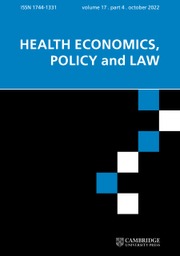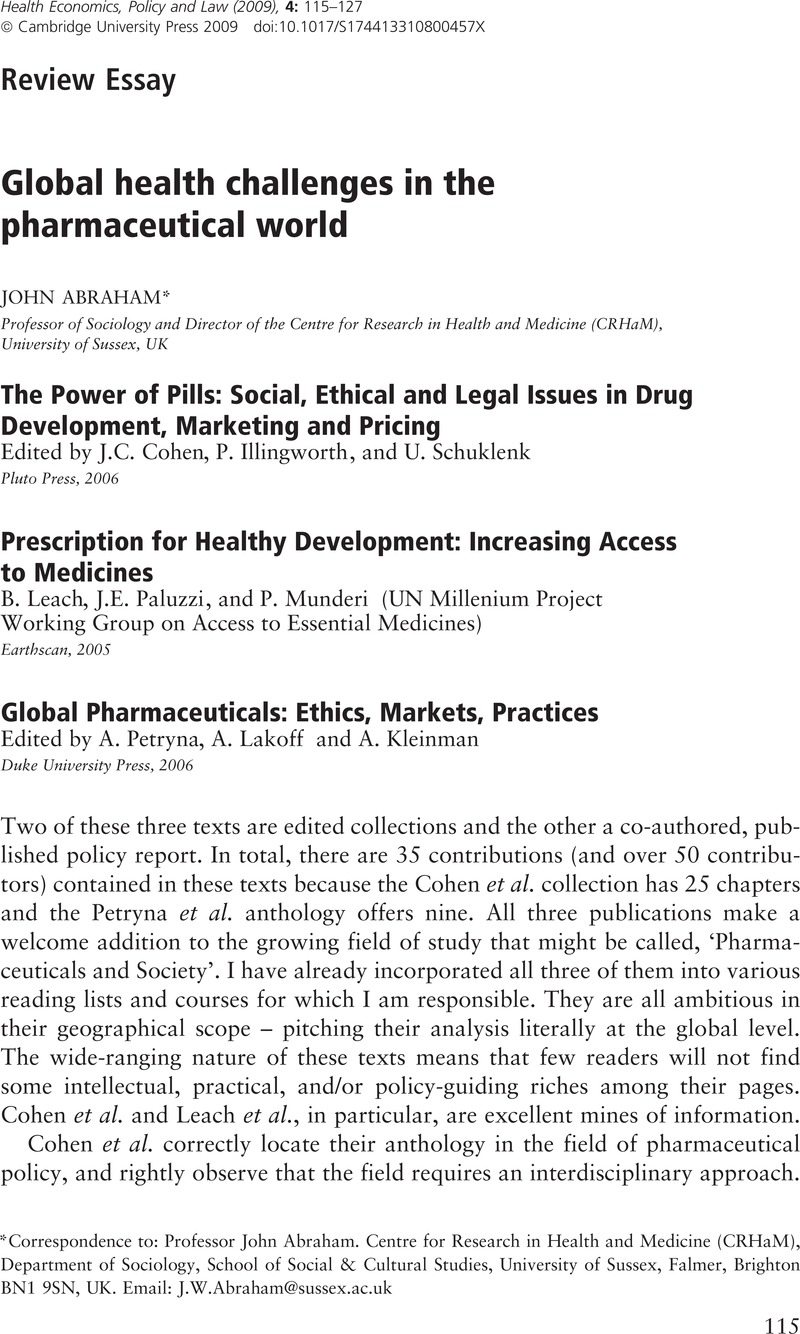Crossref Citations
This article has been cited by the following publications. This list is generated based on data provided by Crossref.
Szmelter, Agnieszka
2019.
Global Supply Chains in the Pharmaceutical Industry.
p.
57.





